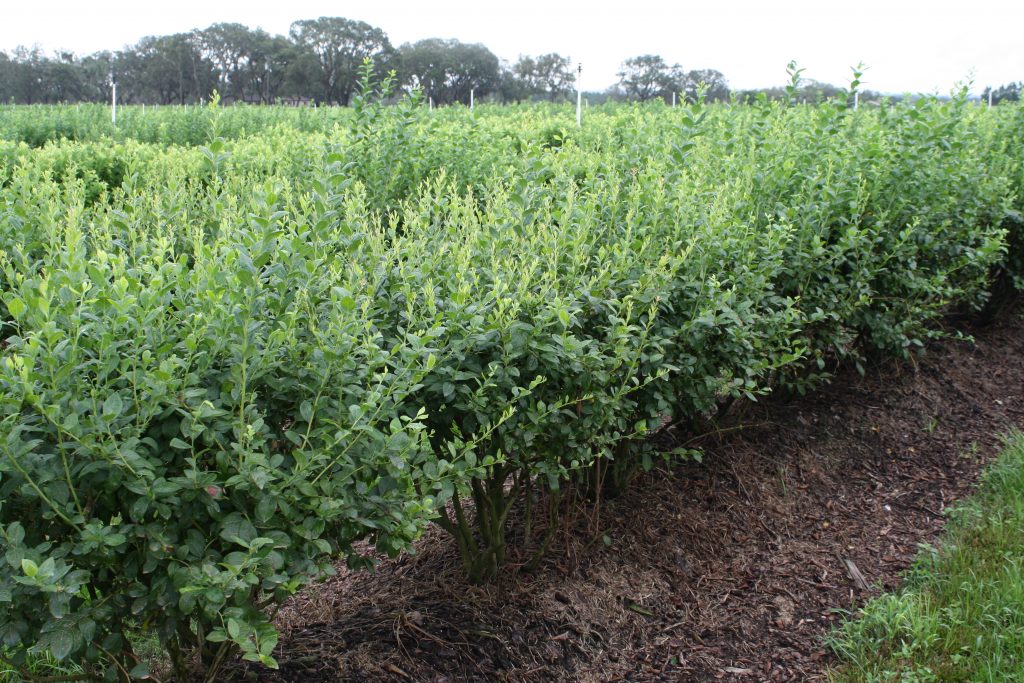By Clint Thompson
Though rattled by sub-freezing temperatures during the Christmas holidays, Georgia’s blueberry crop was not severely impacted by prolonged temperatures in the 20s.

Jonathan Oliver, University of Georgia (UGA) assistant professor and small fruits pathologist, says freeze events that occur later in the season are much more impactful.
“For the vast majority, this freeze was not as big of a deal,” Oliver said. “Most of the blueberry plants in most of our region were probably not too impacted by that cold event, at least as far as things we’re concerned about with blooms getting damaged.
“There’s always a chance it was really cold that maybe it even got some twig damage or bud damage as a result of the freeze. Hopefully, it wasn’t too substantial. I haven’t gotten reports yet to know what we’ve seen. But some twig diseases can get going early if there’s freeze damage tissue. Growers should be aware that if there’s extra twigs out there that were damaged by the freeze, there may be some concerns early on this season with phomopsis. Some active fungicides may need to be put out more regularly than in a normal season.”
Timing can be the main issue when thinking about a blueberry plant’s susceptibility to cold temperatures. Fortunately, this did not happen later in the season.
“If any part of the plant was killed or any necrotic area has developed on the plant, a lot of fungi can easily get on that tissue, take hold and reproduce at levels that can damage the rest of the living plant. That’s always a little bit of a concern,” Oliver said. “Blueberries are usually pretty cold hardy; not as concerned about that. It’s only when they have flowers and fruit that they’re usually very susceptible to freezes. If some of them bloomed out real early, which some did, that might be a concern for some isolated cases.
“Freezes that happen in late January or February will be of much more concern for sure.”










